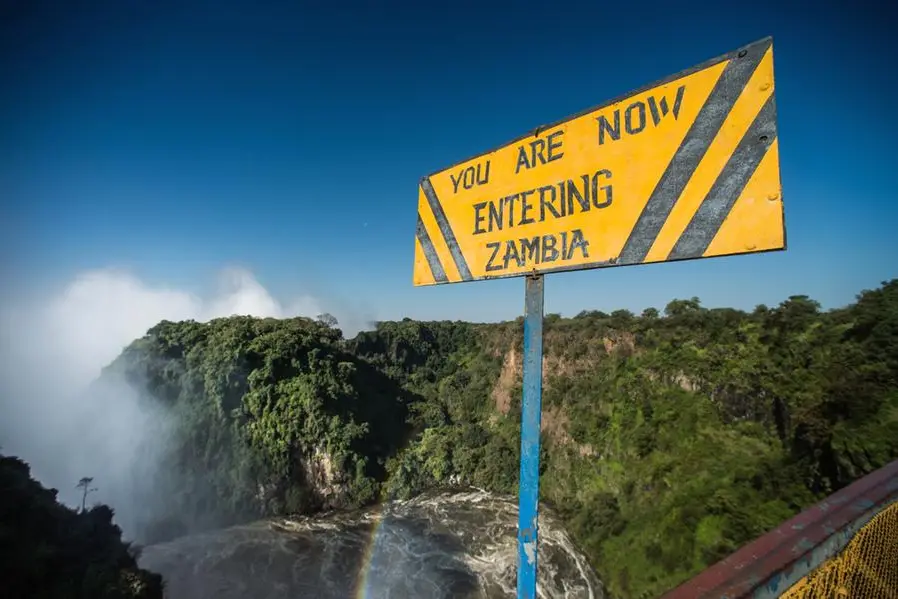On Thursday, the Democratic Republic of Congo (DRC) and Zambia formalized a cooperation agreement aimed at easing cross-border trade within the Southern African Development Community (SADC). Ministers from both nations convened to discuss a collaborative framework and action plan designed to address persistent challenges encountered by transporters.
Peter Kazadi, the DRC’s Deputy Prime Minister overseeing Interior and Security, emphasized Congo’s dedication to resolving issues at the Kasumbalesa border point in his opening statement. He acknowledged the concerns raised by transporters within the SADC network and expressed the urgency to tackle the hindrances affecting trade flow between the two countries.
Kazadi highlighted the significance of the meeting between transport and trade ministers, underscoring it as a crucial step towards fulfilling the commitment of both states, with SADC’s support, to surmount trade barriers and enhance cross-border traffic within the region.
Kasumbalesa stands as the second busiest land border crossing within SADC, following Beitbridge between South Africa and Zimbabwe. Positioned at the convergence of multiple trade corridors in the region, including the North-South Corridors and various development corridors, it plays a pivotal role in facilitating regional commerce.
However, prolonged waiting times for trucks at the Kasumbalesa border point have been a recurring issue. Jacob Jack Mwiimbu, Zambia’s Minister of Home Affairs and Internal Security, stressed the importance of implementing effective border management strategies not only between the two countries but also across the broader SADC region.
Angele Makombo, the Deputy Executive Secretary for Regional Integration of SADC, praised the ministers’ collaborative efforts to address persistent border post challenges. She echoed the strategic significance of Kasumbalesa for seamless goods movement within the region.
According to tax expert Jérôme Sekana, over 300 trucks cross the border daily for imports and exports. DRC primarily exports mining products, while Zambia exports cereals, manufactured goods, and petroleum products.
In their agreement, the two countries committed to implementing procedures for 24-hour border operations at key posts, modernizing border infrastructure, harmonizing visa fees, and facilitating advance customs clearance to alleviate congestion at borders.















